Every day, when an advocate starts their shift at our statewide call center and puts on their headset, they never know what the next call will bring. Some days, the calls are steady but manageable—people seeking information, resources, or simply a listening ear. Other days, the phone barely stops ringing, each call carrying a new crisis, a new urgency. No matter what, the advocate is ready, knowing that the person on the other end of the line is counting on them.
Last year alone, our call center answered over 51,150 calls—calls from every corner and county of Iowa. Each one represents a person in need, someone looking for safety, for answers, for hope. Some calls end in relief, others in uncertainty. But the advocates keep answering, knowing that every conversation could be the one that changes—or saves—a life.
One such call came from a woman who found herself trapped in a trafficking situation—organized by her own family members. She had recently moved in with her aunt, thinking she was escaping one bad situation, only to realize she had entered another.
At first, things seemed fine. Her aunt welcomed her in, promising her stability and a fresh start. But slowly, the signs of control crept in. Her movements were monitored. She was told where she could and couldn’t go, who she could talk to, and what she was allowed to do. Her phone was taken at night. Money was kept out of her reach. She was made to feel like she had to earn her right to stay in the house. If she didn’t comply with the demands or rules set by her aunt, she suffered. The people she thought she could trust had become captors.
At first, it was difficult for her to recognize the danger. She told herself that she was overthinking things. That maybe this was normal. But as the walls closed in, the truth became impossible to ignore—she wasn’t safe. And when she realized just how bad everything had gotten, she struggled with who to trust and where to turn for help.
In her search for a way out, she stumbled upon the number for our call center. She called, whispering into the phone, fear lacing every word. Voices murmured in the background. She told the advocate she didn’t have much time, and she couldn’t speak too loudly. The advocate, staying calm despite the urgency, began safety planning, speaking in a steady, measured tone—one that had been practiced in countless other crisis calls.
“Essentials first,” the advocate reminded her. “Identification, money if you have it, any medications.”
Together, they identified safe places where she could go: a gas station, a library, a church—somewhere public where she could ask for help.
As she slipped out, the tension in her voice shifted. A door creaked. A voice called out behind her. Then another. The questions turned into shouts. The advocate’s heart pounded as they stayed on the line, reminding her to keep moving.
She ran. The first place she stopped, a gas station, turned her away. The advocate’s stomach dropped as they heard this over the phone. They reassured the woman, urging her to keep going, their own voice steady even as they felt the weight of the moment pressing in. The woman’s steps came through the receiver, as she continued pushing forward.
Then—silence. The line disconnected.
The advocate stared at the screen, willing the phone to ring again. They had done everything they could, but that moment—the not knowing—was always the hardest part. Had she been caught? Had she made it to safety? There were no guarantees, only hope.
Minutes passed, though they felt like hours. Then, finally, the line lit up again.
It was her. Relief flooded through the advocate as they heard her voice. She had made it to a church. They had listened. They had believed her. She was safe—for now.
“I want to call the police,” the woman said, her voice steadier than before. “Can you stay on the line with me?”
Of course, the advocate could. That’s what they do. They stay. They listen. They help however they can.
Long after the call ended, the moment lingered. Some calls do. Because while there are days when advocates know they’ve made a difference, there are just as many when they never hear from the caller again. They have to sit with the unknown. They have to trust that their voice—their presence—was enough to help someone take the first step toward safety.
And when the phone rings again, they answer. Because every call matters. Every person matters. And every call could be the one that saves a life.
This story is just one of thousands—but it’s a reminder of why our call center exists and why our advocates keep showing up, day after day. On the other end of every call is someone searching for safety, for dignity, for freedom. And no matter how uncertain or overwhelming the moment may be, there is always someone here to answer, to listen, and to help. Because when a survivor reaches out, it may be the first time they’ve been heard, the first time they’ve been believed, or the first time they’ve taken a step toward safety. And that call can truly change everything.
